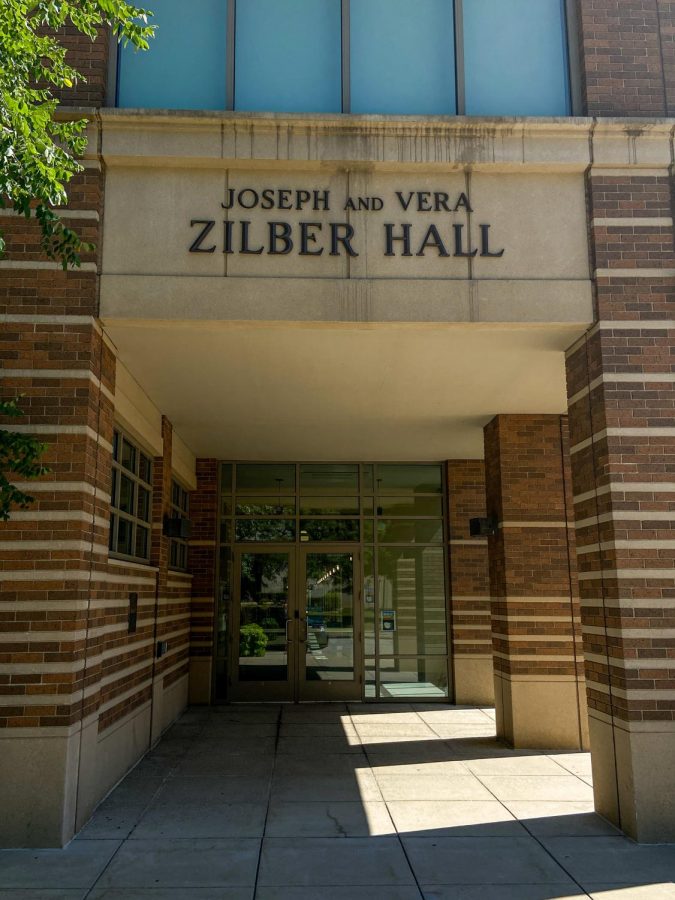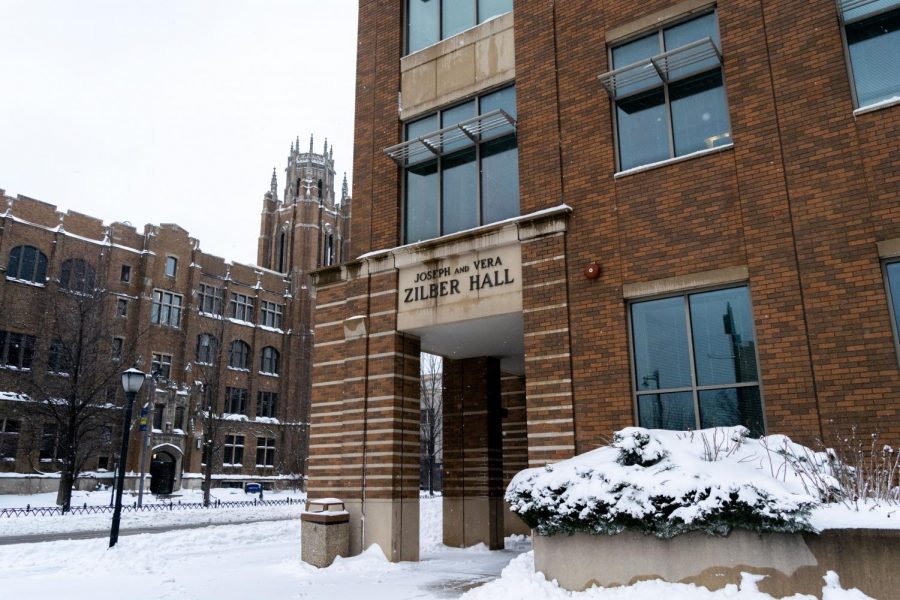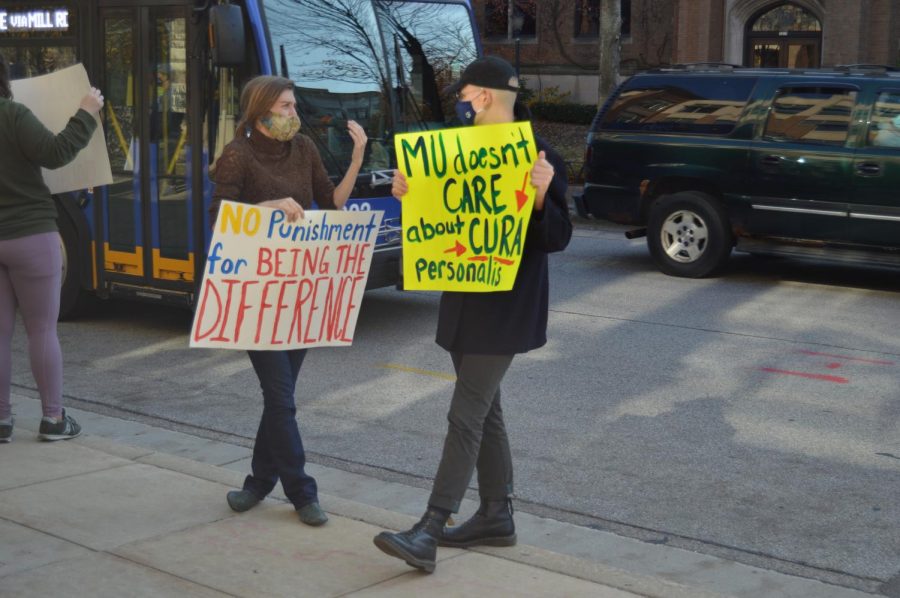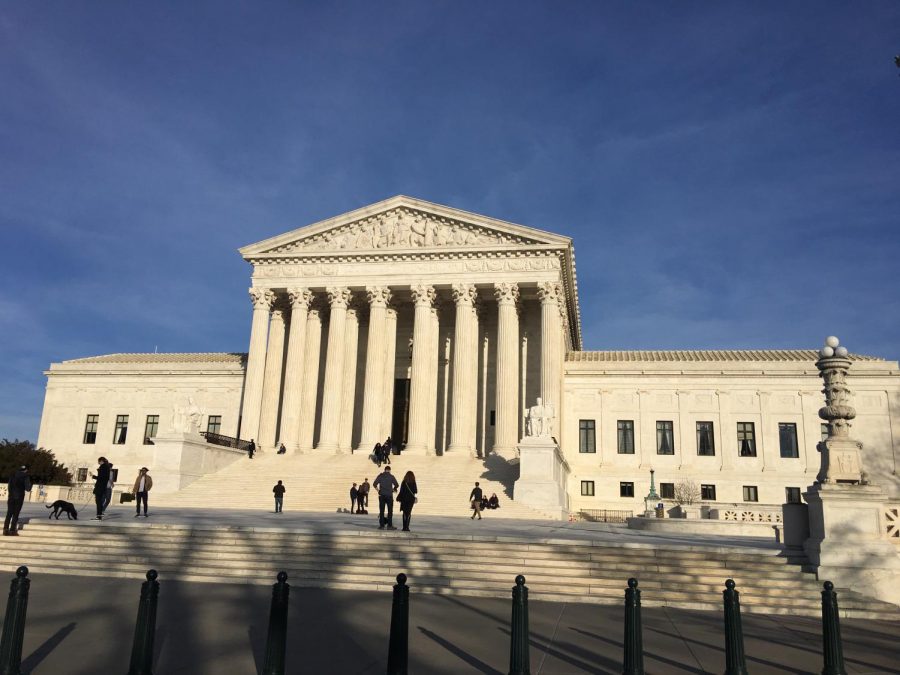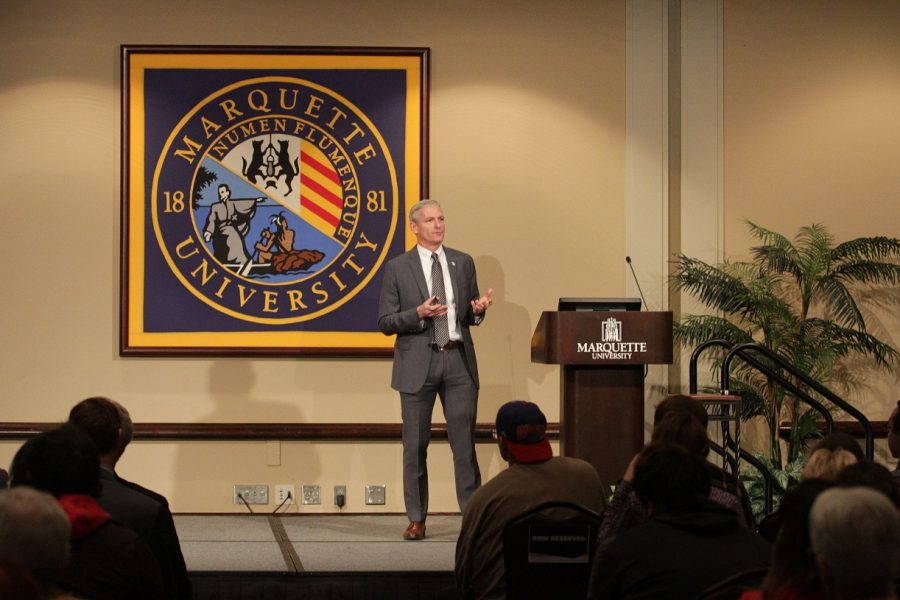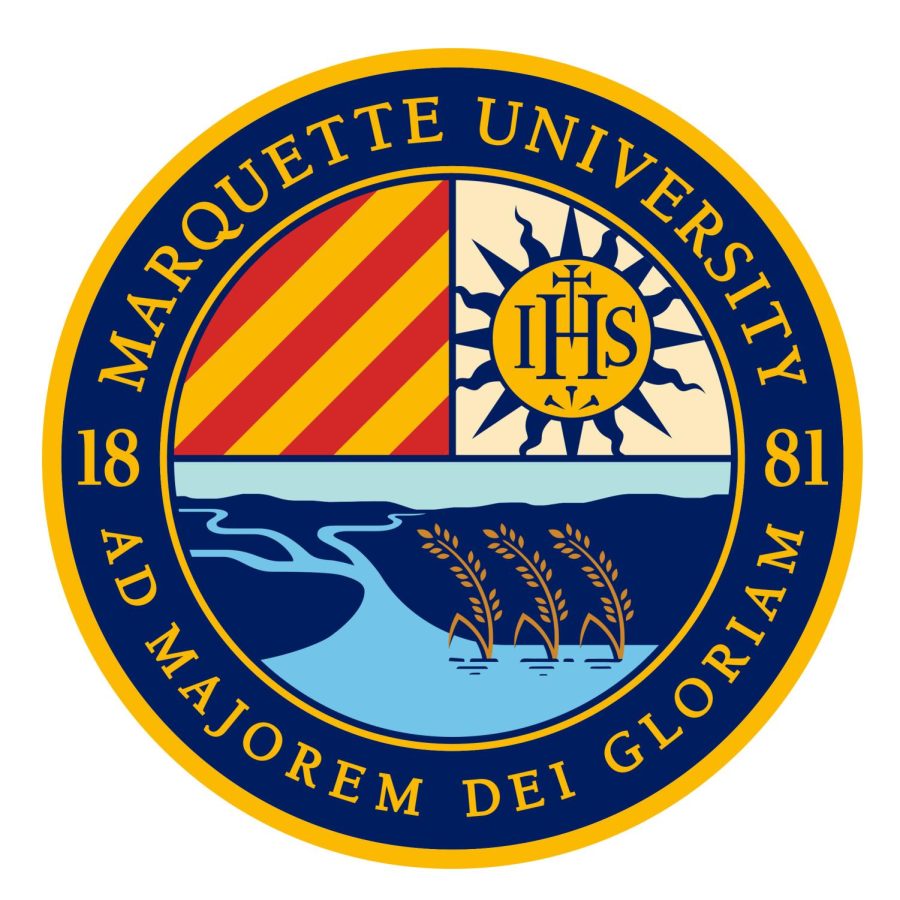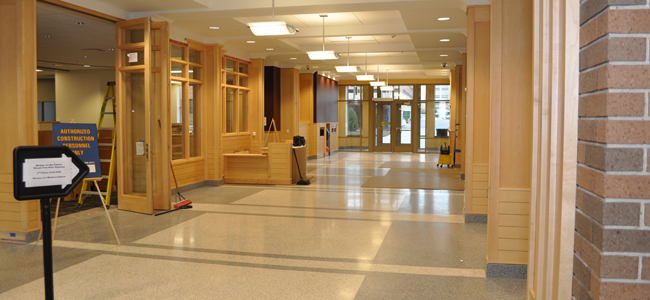
A quick glance at Eastern Michigan University professor of accounting Howard Bunsis’ staff profile showcases accolades such as a doctorate from the University of Chicago and EMU’s Distinguished Faculty Teaching Award from 2002. Bunsis, who in the past has served as an attorney and certified public accountant, is no stranger to diving into the details of a group’s finances.
Recently, however, Bunsis has done financial analyses of institutions across the country including Arizona University, Stony Brook University and University at Buffalo. These reports analyzed each institution’s financial situation following many universities – including Marquette — that were facing budget shortfalls because of the COVID-19 pandemic or for other financial complications.
And in August, Marquette’s chapter of the American Association of University Professors, who are not formally recognized by Marquette, published a blog post showing Bunsis’ own analysis of Marquette’s finances on the organization’s website. A group of 53 Marquette faculty members contributed to the funds for the analysis to take place.
In AAUP’s summary of the report, they claim that any additional cuts to the FY23 budget are not justified by Marquette’s current financial situation.
“The bottom line for us is that Marquette’s finances are not now in a crisis, nor were they when the university initiated its initial proposals to cut faculty positions and restructure academic programs,” professor of political science and member of Marquette’s AAUP chapter executive committee Philip Rocco said. “As faculty continue to be asked to do more with less, the evidence in the Bunsis report.”
Rocco said that Marquette’s own audits, along with the Bunsis report suggest that cash flows have remained positive and that unrestricted reserves have continued to grow.
In AAUP’s summary of the Bunsis report, Bunsis determined the university is nowhere near being in any financial distress. The report claims the $52 million operating cash flow in FY21 was “more than sufficient” to offset any financial loss in tuition and other revenue in the FY21.
“Bunsis’s analysis shows that Marquette’s financial situation is stable: There is not a pressing need for major across-the-board cuts or layoffs,” Gerry Canavan, associate professor of English and member of Marquette’s AAUP chapter executive committee, said. “(I)t shows that faculty salary has not kept pace with our peers … it shows a significant imbalance between administrative and instructional spending at Marquette.”
Aside from the university’s financials, AAUP’s summary of the analysis also calls on the statutes for the university’s academic senate to be changed to provide “real shared-governance” in any university decisions that involve academic programs, including budget-making decisions.
“Shared governance isn’t just a buzzword,” Rocco said. “The point of shared governance is that, because faculty are deeply involved with students’ experiences in the classroom and the research functions of the university, their voices need to carry weight when the university make(s) decisions — including fiscal decisions — that will affect the quality of education students receive and the research that faculty do.”
However, after the report was published on AAUP’s blog, the university responded to several statements within the report AAUP and Bunsis presented on a “rumors vs. reality” webpage on Marquette’s website.
The university’s “rumors vs. reality” webpage has said that the AAUP report has many claims that are “misleading or factually incorrect” and have stated that the independent analysis is actually an “advocacy piece” on behalf of AAUP.
Part of the university’s reasoning behind this claim is Bunsis’ involvement, past and present, with AAUP. The university claims that since Bunsis was the past president of AAUP at Eastern Michigan that he is not an “independent” source as Marquette’s AAUP chapter claims.
“I am currently a member of the AAUP. However, I have not been a local leader since 2016, and I have not been president of the local chapter since 2014,” Bunsis said in an email.
In addition to questioning Bunsis’ credibility, the university has also responded by saying some of the claims in his analysis are actually factually incorrect.
In his report, Bunsis made a claim that the university generated positive operating cash flows of $52 million in FY20 that could have offset financial challenges, such as those that arose from the COVID-19 pandemic. Marquette has stated that this is false.
Marquette claims that the $52 million was not calculated accurately within “generally accepted accounting principles.” The university said that no one year of positive cash flows could account for financial shortfalls due to lower enrollment, tuition discounts and higher operating costs.
The university also has its own independent annual analysis done by KPMG, an independent global accounting firm. That process is overseen by the Finance and Risk Committee of the Board of Trustees.
Marquette is also in the 35th percentile on 10-year endowment returns when compared with institutions that reported to the National Association of College and University Business Officers industry standards.
The university said that Bunsis’ comparison of Marquette’s endowment to the S&P 500 index of large-cap stocks is an “unacceptable benchmark for any endowment.”
“In my opinion the endowment is managed professionally with the proper risk-return profile to serve the long-term goals of Marquette. The performance has been better than our peer group average. This is a well-managed portfolio,” David Krause, member of the endowment investment committee, said in an email.
Krause is also the director of Marquette’s applied investment management program and an associate professor of practice in the College of Business Administration.
However, Krause said the endowment itself is overseen by its own separate committee that is independent of the Board of Trustees.
“I know that the Chief Investment Officer and the Investment Committee are independent of the Board of Trustees, in that we do not take recommendations from individual board members or parties they would forward to us. We specifically attempt to avoid all conflicts of interest,” Krause said in an email.
The proposed budget for FY23 will be presented to the Board of Trustees in December.
This story was written by Benjamin Wells and Megan Woolard. They can be reached at benjamin.wells@marquette.edu and megan.woolard@marquette.edu.



